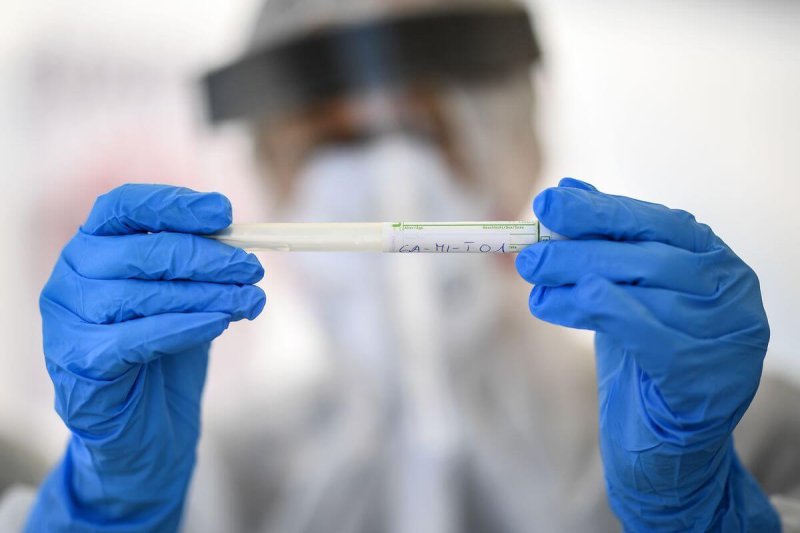As countries lie frozen in lockdown and billions of people lose their livelihoods, public figures are teasing a breakthrough that would mark the end of the crippling coronavirus pandemic: a vaccine.
But there is another, worst-case possibility: that no vaccine is ever developed.
…
Instead of wiping out Covid-19, societies may instead learn to live with it. Cities would slowly open and some freedoms will be returned, but on a short leash, if experts’ recommendations are followed. Testing and physical tracing will become part of our lives in the short term, but in many countries, an abrupt instruction to self-isolate could come at any time. Treatments may be developed — but outbreaks of the disease could still occur each year, and the global death toll would continue to tick upwards.
It’s a path rarely publicly countenanced by politicians, who are speaking optimistically about human trials already underway to find a vaccine. But the possibility is taken very seriously by many experts — because it’s happened before. Several times.
…
An effective vaccine for dengue fever, which infects as many as 400,000 people a year according to the WHO, has eluded doctors for decades.
…
If the same fate befalls a Covid-19 vaccine, the virus could remain with us for many years.































